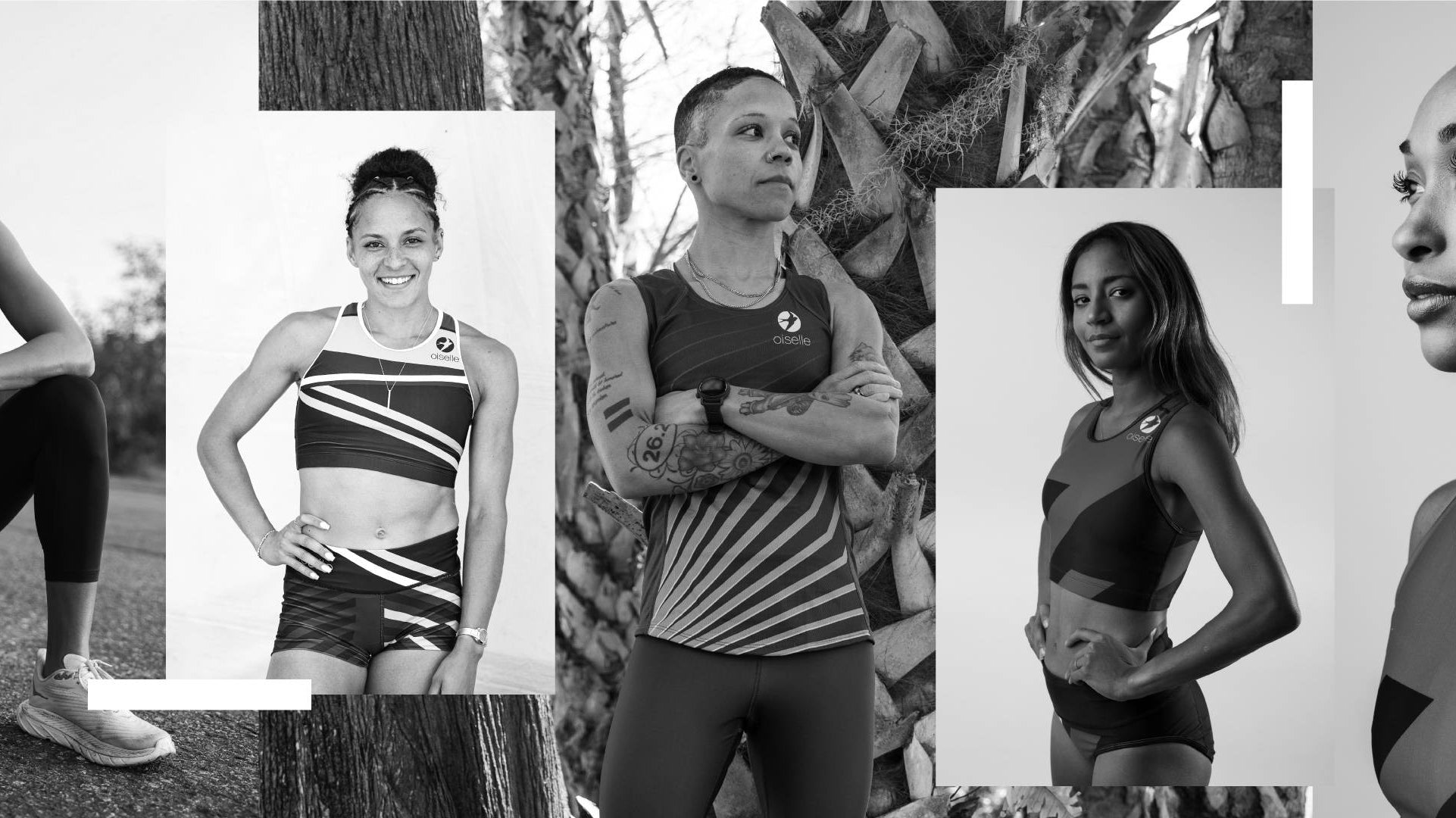
In my early 20’s, when racing performance was the variable I solved every equation for, and elite racing was the only running world I knew anything about, I was conditioned to think racing past your prime was pathetic. It’s hard to write that now, but it was true at the time. Watching a veteran pro getting gapped at the tail end of their career was hard to watch, and harder to process. “When I start slowing down, I’m moving on,” I’d say, or she’d say, or he’d say, the group of us pro athletes in our prime sitting around drinking coffee in some European cafe, passing the days before our next race. “Don’t let me keep going when I’m running around getting my ass kicked,” one of us would say. "When I retire, I'll never run another step," said the most extreme among us.
Meanwhile, we frequently got our ass kicked anyway, because that’s the way of sport, but we felt that as far as careers go, we were still on the upswing. So long as you were getting better overall, so long as the line was trending upwards, or holding steady, one could justify staying in it. Not everyone felt this way of course, but the inclination to hold oneself and others to a ridiculously high standard lingered around stadiums and their warm-up areas with a measles-like resilience. It was reinforced by the scarcity of opportunity, our rewards structures, and our winner-take-all media coverage. Continuing past your prime, toeing the line with the world’s best when you were on the way down, it looked hard to take. The culture of elite sport was not kind to the washed up pro. Perhaps it's better now.
It’s a funny thing how judgement works. I’ve never been more judgmental of others than when I was approaching my athletic prime, when my own window of acceptability was too narrow to slip through without shrinking and greasing myself. I’ve since learned that judgement is really a mirror. When you find yourself standing in judgement of someone else, it is often a reflection of your own shame or insecurity. When I was most judgmental of the bodies of others, it was a reflection of my conditional acceptance of my own body. When I was judgmental of others’ performances, it was a reflection of my own fear that I was unloveable without success.
In my mid-20’s, it was a near-miss of the Olympic Team (again) and a very serious injury that forced me to confront the mirror. I became the person I had previously thought should quit. But I didn’t want to. When I listened to my heart in the quiet moments, with Jesse asleep and the darkness of the popcorn ceiling a canvas for my imagination, I felt a desire to chase my potential, even if there was no guarantee it would surpass previous results. I wanted to become as good as I could be, even knowing that there would be people who would look down their noses at my more realistic and less sexy goals. I realized I was drowning in shame that was propagated by the dominant culture of elite sport, and I couldn’t move forward without rejecting that culture. I realized that anyone else’s judgement of me was really a reflection of the cages they had built around themselves. I could choose to accept myself as I was, injured, softer, anxious, slower, and start spending my time going on a journey with my actual self instead of chasing some idealized version. So after much stewing, that's what I did. This choice dramatically changed my experience with running for the better. I ended up having some of my best career performances after that, but by then I didn’t need them to be whole.
“The more self-acceptance you cultivate, the more acceptance of others you create.” -Dr. Melody Moore
Now I am retired from elite racing, and I’m finding my way back out onto the starting line of the recreational running world. This world, in addition to all the good stuff it offers, is also full of judgement, in particular about bodies, and aging. Standing on a start line with your fastest days and your most idealized body behind you and still daring to give it your best on the day is challenging for many because it requires self-acceptance. To really go for it in a state of “imperfection” requires presence. It requires self-esteem: a realistic view of yourself, the ability to hold the present moment and present iteration of you as valuable and worthy without condition. It also often requires a big “fuck you” to the dominant culture. It requires seeing the judgement of others in a different way.

Racing beyond my prime today is fun! It is also a way of cultivating self-acceptance; it is an exercise in presence. It is a way of saying “I’m still here! Like it or not!” Daring to race when I know I’ll be slower than one might expect or find acceptable for me feels empowering now. My running and my racing is my own, and freed from the expectation of improvement, it is easier to be with my body and my breath, to push against my edges, to give my best effort on the day. The time on the clock is like the weather. I take it into account but it doesn’t get beneath my skin.
As a child I knew this,
But then I forgot.
Be wary of cages disguised
As commitments
To perfection.
Where there are conditions
To belonging,
There are barriers
To connection.
—to your wilder self
—to your community
—to your work in the world.












